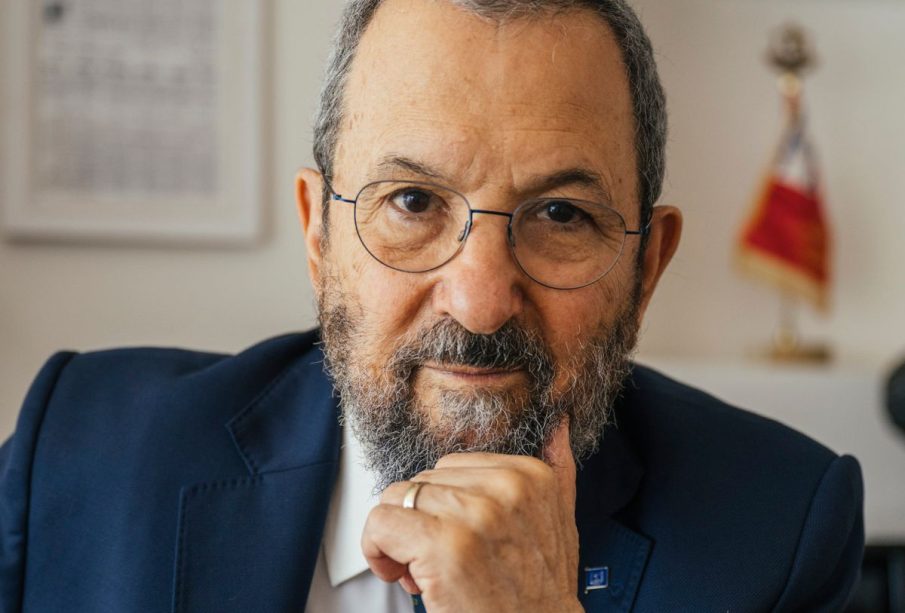The Political Journey of Ehud Barak

Introduction
Ehud Barak, a prominent figure in Israeli politics, continues to be relevant in discussions around security, diplomacy, and national identity. His career spans crucial periods in Israel’s history, shaped by both military and political challenges. Understanding Barak’s impact offers insights into the complexities of the Israeli-Palestinian conflict and the nation’s strategic choices.
Political and Military Career
Born on February 12, 1942, in Mishmar Hasharon, Ehud Barak began his career in the Israel Defense Forces (IDF), where he quickly rose through the ranks. By the time he retired in 1995 as Chief of Staff, he was one of the most decorated soldiers in Israeli history. His military background significantly influenced his later political career.
Barak entered politics in 1999 by leading the Israeli Labor Party, subsequently becoming the 10th Prime Minister of Israel. His tenure was marked by attempts to advance the peace process, notably during the 2000 Camp David Summit, where he sought to negotiate lasting peace with the Palestinians. However, the negotiations ultimately failed, leading to increased violence in the region, which cast a shadow on his legacy.
Recent Developments
In recent years, Barak has remained active in political discourse, especially concerning security issues related to Iran and its nuclear program, as well as the ongoing challenges posed by Hamas and Hezbollah. He has been a vocal critic of current Israeli Prime Minister Benjamin Netanyahu’s policies and has stressed the need for unity among opposition parties to address pressing issues in the country’s governance.
During the 2021 elections, Barak was instrumental in debates about forming a coalition to unseat Netanyahu. Despite the challenges, his involvement signifies that he continues to influence Israeli politics.
Conclusion
Ehud Barak’s influence in Israeli politics has been significant and multifaceted, marked by attempts at peace-making and robust security policy debates. As tensions continue in the region and political landscapes shift, Barak’s insights and experiences are likely to shape discussions for years to come. Understanding his role can help dissect the evolving nature of Israeli governance and its implications for lasting peace in the Middle East.









